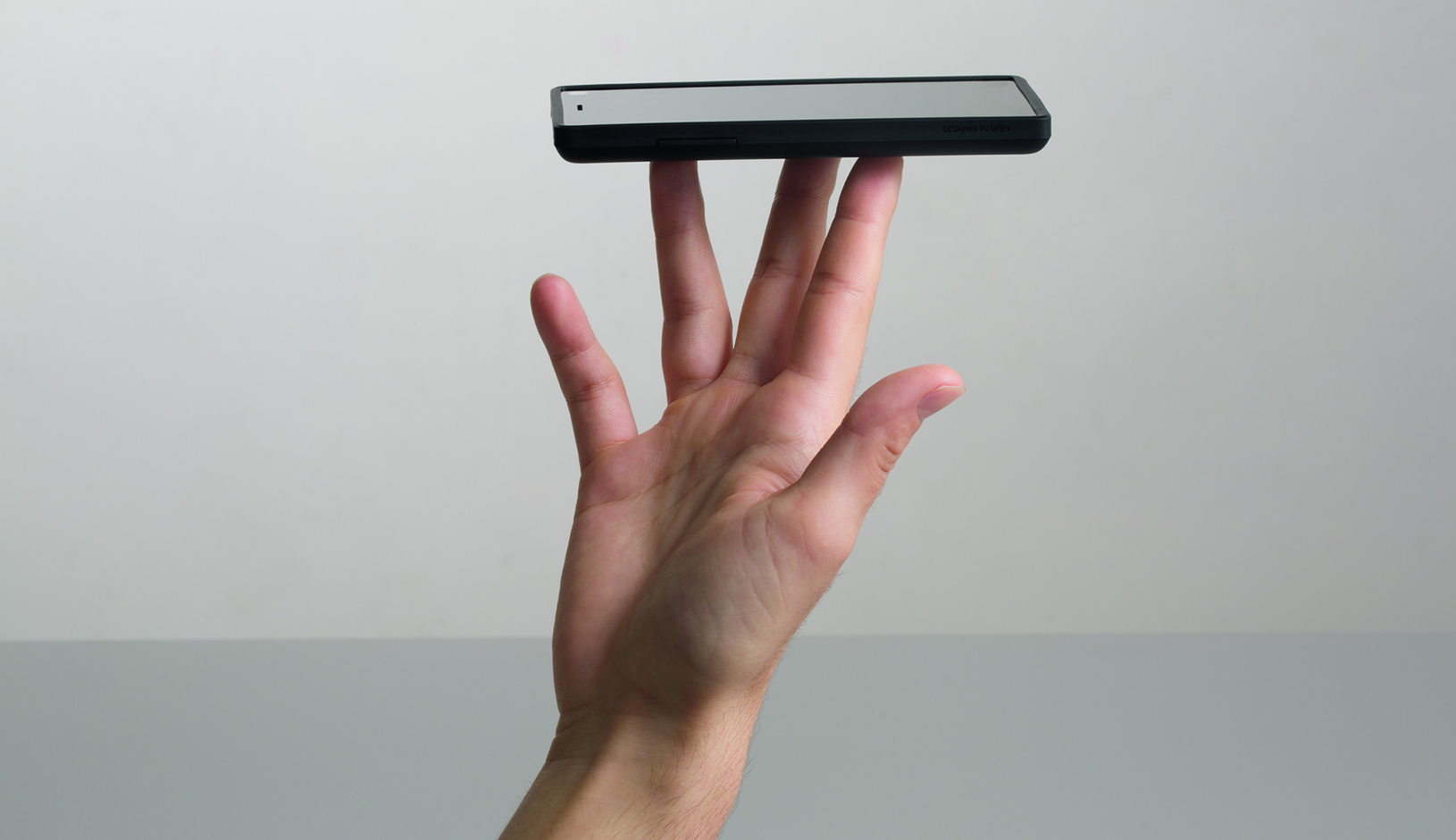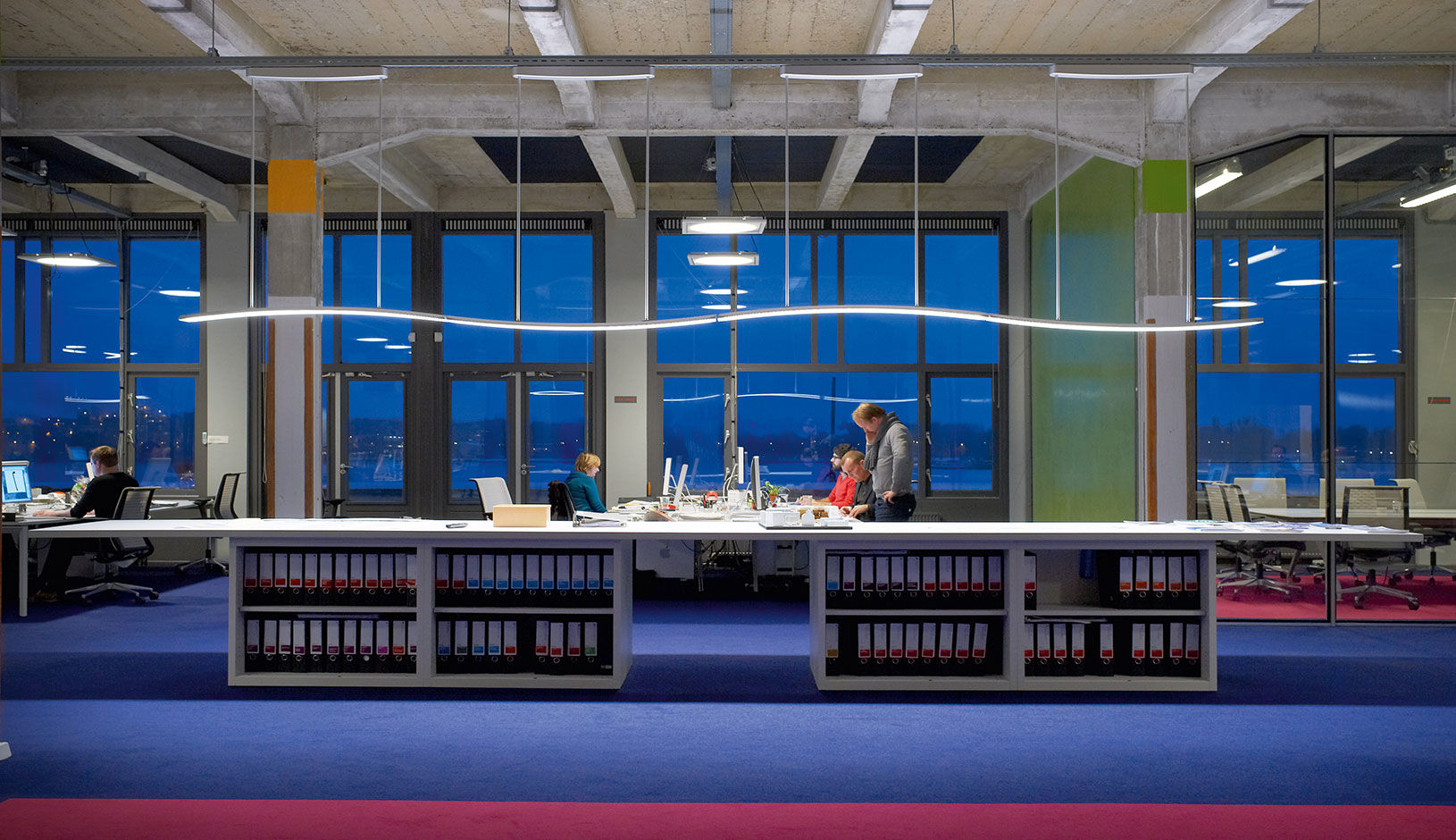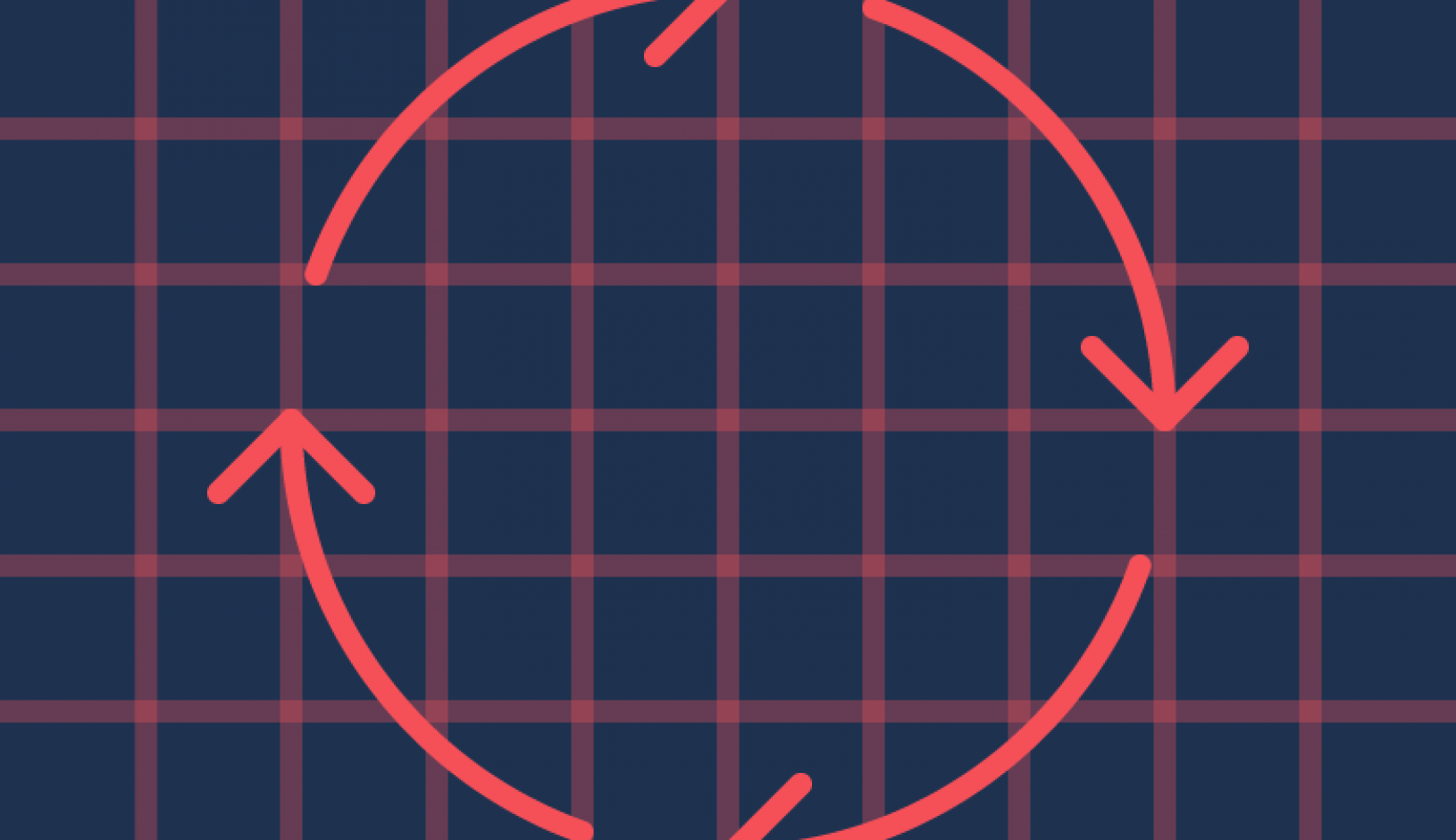Few products embody the unsustainable world we continued to build in the early part of this century better than personal electronics. Globalised, opaque supply chains, where even outsourced workers are outsourced. If you can work out who actually made your device, you’ll still need a team of investigators to find out where the materials were sourced.
The FAAMG gang, the largest companies in the world today, either sell, sell through, or collect data via, these devices. For those selling them, the quicker they become obsolete and need replacing, the better it is for business.
Yet few things epitomise the democratising effects of technology better than the smartphone. Moore’s law is never more apparent than when we slide a supercomputer into our trouser pockets.
If the 4th Industrial Revolution really just means the full digitisation of our economy, then nowhere has the potential for this super-connected future been more prominent than the internet-of-people that the rise of affordable smartphones has created, be it ride-hailing, virtual doctors or mobile payments.
Dutch social enterprise Fairphone is on a mission to prove that the environmental and social downsides of having the affordable smartphones we see today are not a necessary consequence, but rather a design failure.
In attempting to square this circle, Fairphone made the world’s first “fair” smartphone, challenging the conventions of how a phone should be made. They sourced materials responsibly, improved working conditions, created longer-lasting devices through innovative modular designs, and encouraged better reuse and recycling practices.
However, when we recently spoke to one of Fairphone’s founding team, Miquel Ballester, he told us making phones is only a means to an end.
Miquel: We define success by making an impact that goes far beyond Fairphone. Such as getting other major players to join us in setting up fairer supply chains, as we’re currently doing with gold and cobalt. Or helping collect tons of e-waste so that valuable materials can be recycled and reused instead of mined. We work to make other manufacturers view us as sustainable innovators and potential collaborators — not as competitors.
We’d long been admirers of Fairphone, but we reached out to Miquel for an interview after we read about a new business model innovation he was piloting. A product designer by training, Miquel says from a young age he wanted to challenge the way things were done and ask how he could make them better.
As a child I always knew that I wanted to do more than frolic in the orange groves of [my native] Mallorca. I wanted to make a difference on a bigger, more international stage. After completing my degree at the Technical University of Delft, I was convinced that most important was to influence ‘the brief’ rather than designing myself and I am glad that at Fairphone we get so many opportunities to do that through our projects.
It was this determination to influence the brief that led Miquel to launch the Fairphone-as-a-service concept that caught our attention in early 2018. Miquel explains,
When it comes to resource efficiency, I believe that product innovation and business model innovation need to go hand-in-hand. On the product side, we’re improving the phone’s lifespan, improving materials sourcing and developing interesting projects with suppliers. However, new business models will give us more influence over the phone’s use and end-of-life phase. In order to truly ‘close the loop’ with our resources, we have to be involved at every stage of our phone’s lifecycle.
Turning products into services is a business model trend Volans has been following closely, as it normally takes advantage of several of the levers identified in our Breakthrough Business Model framework.
It also requires companies to “love the problem, not the solution” — one of the 5 keys we identified to the Breakthrough Mindset. If a company is wedded to its products it will never consider these sorts of innovation, instead they must try and solve for their company purpose — their own brief to themselves.
The Fairphone-as-a service concept is not dissimilar to regular leasing and renting models. Customers pay a monthly fee to use the phone for as long as they need it, but the ownership remains in the hands of Fairphone and eventually the phones are returned them. In Fairphone’s case, this leasing model takes on a new importance as it plays a critical role in helping achieve their mission of making phones more circular.
Maintaining ownership creates a further incentive for us to innovate in design. To make sure most of the resources are recoverable, a purpose that is not included in traditional lease constructions.
At Volans we often describe business models as a way of connecting what design and technology enable with what the customer wants. In this case, Miquel hopes Fairphone-as-a-service can provide a more circular and fair phone in a way that delights customers.
It’s all about the service. For Fairphone-as-a-service, that includes additional support for repairs and upgrade and hassle-free replacements. In the future we could even partner with an operator to bring that as well in. When you rent, you only pay as long as you’re using it, and it something goes wrong, the repairs are someone else’s responsibility
Cost can be a huge driver for instigating behavioural change. Ideally, it should be cheaper to lease a phone than to buy it outright. And if the cost is similar, then we need to wow people with additional services. But the challenge is that individual consumers may be unaware of the exact cost of their phones. It’s often disguised in the monthly fee that they pay to operators which is bundled together with their contract. So as a first step, we’re trailing Fairphone-as-a-service with companies. It’s a lot easier to communicate and calculate cost savings when you’re dealing with a significant volume of devices.
When asked what the biggest barrier to convincing customers to move away from owning their phone was there was no hesitation. The answer was data.
Phones have become one of the most intimate objects in our lives — they know what we’re up to and they have the photos to prove it! So it’s understandable that consumers want to own these devices, and may be hesitant to give them back to the manufacturer, even if their phone no longer works. It’s our job to ensure that easy backups and secure data deletion are a key part of our service offering.
The idea was the result of a project where Fairphone investigated resource-efficient business models with financiers, accountants, data experts and lawyers; you can read the findings here.
They are now about to kick off a pilot programme with the City of Amsterdam using their current device, the Fairphone 2. Over the next six months they will gather feedback and optimise the business model and services. In the short-term, they expect to limit Fairphone-as-a-service to the business market. In the meantime, individual consumers and businesses who want a Fairphone 2 can still get one the “regular” way — through their website or from one of our partners across Europe.



